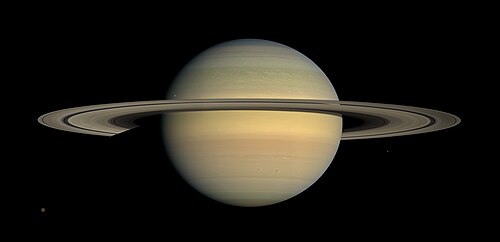Wikipedia:Main Page history/2020 November 2
From today's featured article Procession depicted on the Trialeti Chalice, possibly in honor of Dali Dali is a hunting goddess from the mythology of the Georgian people. The patron of hoofed wild mountain animals, she was said to reward hunters who obeyed her taboos and to punish violators. She was usually described as a beautiful nude woman with golden hair and glowing skin, although she sometimes took on the form of her favored animals. Stories depict her taking human lovers and jealously killing them, and later clashing with her rival Saint George. After the rise of Christianity in Georgia, the stories told about Dali changed; Saint George was presented as having the power to overrule her, and she began to be conflated with a malicious nature spirit called the ali. As a patron of the hunt, she has been compared with Artemis of Greek mythology, a hag in Scottish mythology called the glaistig, and a maiden from folklore who tames a unicorn. Her associations with gold, seduction, and the morning star have led scholars to draw connections with goddesses such as Aphrodite and Ishtar. (Full article...)
Recently featured:
Did you know ...
|
In the news
On this day
More anniversaries:
|
From today's featured list
Starting in the 1880s, a series of cruisers was built by the German Kaiserliche Marine (Imperial Navy). The first designs – protected and unprotected – were ordered to replace aging sail and steam-powered frigates and corvettes that were of minimal combat value. After several iterations of each type, these cruisers were developed into armored and light cruisers, respectively, over the following decade. All of these ships were built to fill a variety of roles, including scouts for the main battle fleet and colonial cruisers for Germany's overseas empire. The protected and unprotected cruisers had been withdrawn from active service by the 1910s, though some continued on in secondary roles. Most of the armored and light cruisers saw action in World War I, in all of the major theaters of the conflict. Their service ranged from commerce raiding patrols on the open ocean to the fleet engagements in the North Sea such as the Battle of Jutland. Many of the ships were sunk in the course of the war, and the majority of the remaining vessels were either seized as war prizes by the victorious Allies, scuttled by their crews at Scapa Flow in 1919, or broken up for scrap. (This list is part of a featured topic: Cruisers of Germany.)
Today's featured picture

|
|
The Cassini–Huygens space-research project involved a collaboration between NASA, the European Space Agency, and the Italian Space Agency to send a probe to study the planet Saturn and its system, including its rings and its natural satellites. This natural-color mosaic image, combining thirty photographs, was taken by the Cassini orbiter over the course of approximately two hours on 23 July 2008 as it panned its wide-angle camera across Saturn and its ring system as the planet approached equinox. Six moons are pictured in the panorama, with the largest, Titan, visible at the bottom left. Photograph credit: NASA / JPL / Space Science Institute
Recently featured:
|
Other areas of Wikipedia
- Community portal – Bulletin board, projects, resources and activities covering a wide range of Wikipedia areas.
- Help desk – Ask questions about using Wikipedia.
- Local embassy – For Wikipedia-related communication in languages other than English.
- Reference desk – Serving as virtual librarians, Wikipedia volunteers tackle your questions on a wide range of subjects.
- Site news – Announcements, updates, articles and press releases on Wikipedia and the Wikimedia Foundation.
- Village pump – For discussions about Wikipedia itself, including areas for technical issues and policies.
Wikipedia's sister projects
Wikipedia is hosted by the Wikimedia Foundation, a non-profit organization that also hosts a range of other projects:
Free media repository
Wiki software development
Wikimedia project coordination
Free textbooks and manuals
Free knowledge base
Free-content news
Collection of quotations
Free-content library
Directory of species
Free learning resources
Free travel guide
Dictionary and thesaurus




